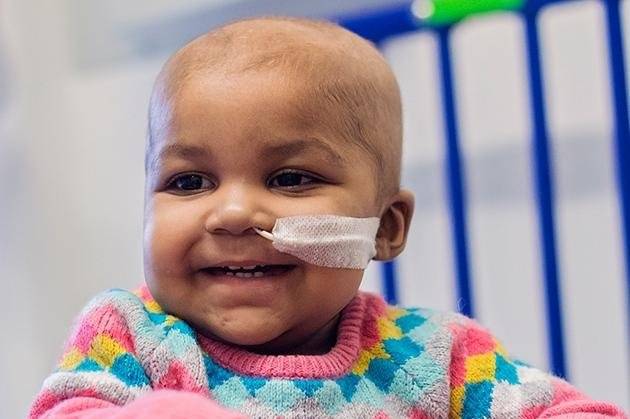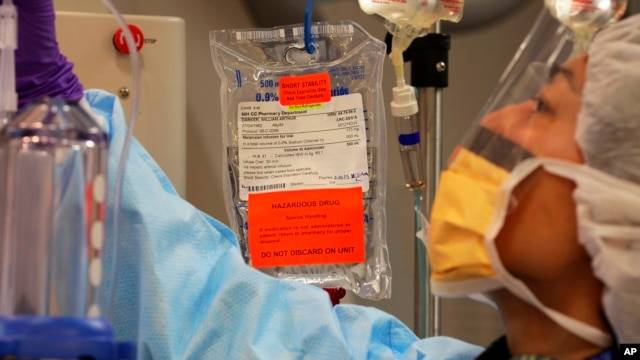Stem cell research will be the blessing of many sick people.
The stem-cell revolution targeting leukemia
Cellects stem-cell selection kit could make bone-marrow transplants as low-risk as getting your appendix out.
A new tool is on the way in the fight against leukemia. Image via Shutterstock.com
A new Israeli company is using the natural process of cell death to help people undergoing transplants of all kinds live longer. This counterintuitive approach is the vision of Cellect and could radically change the way people with leukemia manage their disease.
Stem cells hold the promise to eradicate cancer and other devastating diseases. But one of the biggest bottlenecks for clinicians and researchers is getting enough stem cells in a blood sample to use in transplantation.
Continue reading at:
The stem-cell revolution targeting leukemia | ISRAEL21c
The stem-cell revolution targeting leukemia
Cellects stem-cell selection kit could make bone-marrow transplants as low-risk as getting your appendix out.
A new tool is on the way in the fight against leukemia. Image via Shutterstock.com
A new Israeli company is using the natural process of cell death to help people undergoing transplants of all kinds live longer. This counterintuitive approach is the vision of Cellect and could radically change the way people with leukemia manage their disease.
Stem cells hold the promise to eradicate cancer and other devastating diseases. But one of the biggest bottlenecks for clinicians and researchers is getting enough stem cells in a blood sample to use in transplantation.
Continue reading at:
The stem-cell revolution targeting leukemia | ISRAEL21c



